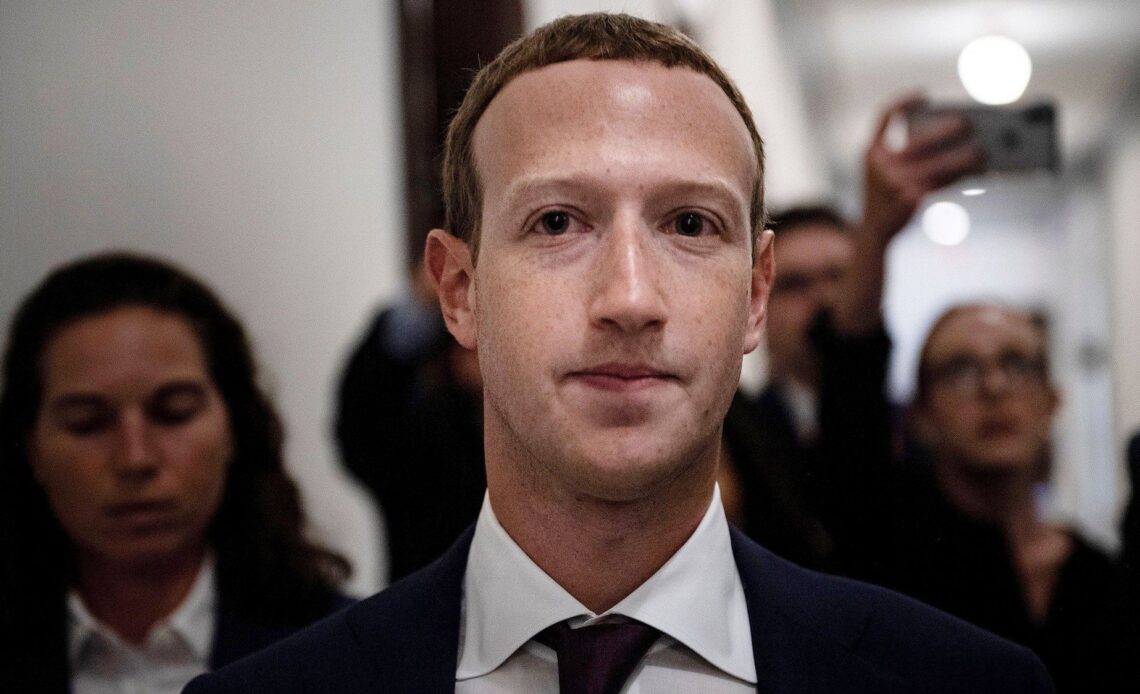Mark Zuckerberg is often celebrated as one of the most influential tech moguls of the 21st century. As the co-founder and CEO of Meta (formerly Facebook), he has revolutionized how billions of people connect, communicate, and consume information. But behind the polished speeches, philanthropic gestures, and tech-savvy charm lies a more troubling narrative—one that Zuckerberg and his PR machinery would rather keep in the shadows. This article delves deep into the darker aspects of Mark Zuckerberg’s empire, exposing the secrets, scandals, and controversial decisions that have shaped his rise to power.
**The Birth of Facebook: Not So Innocent Beginnings**
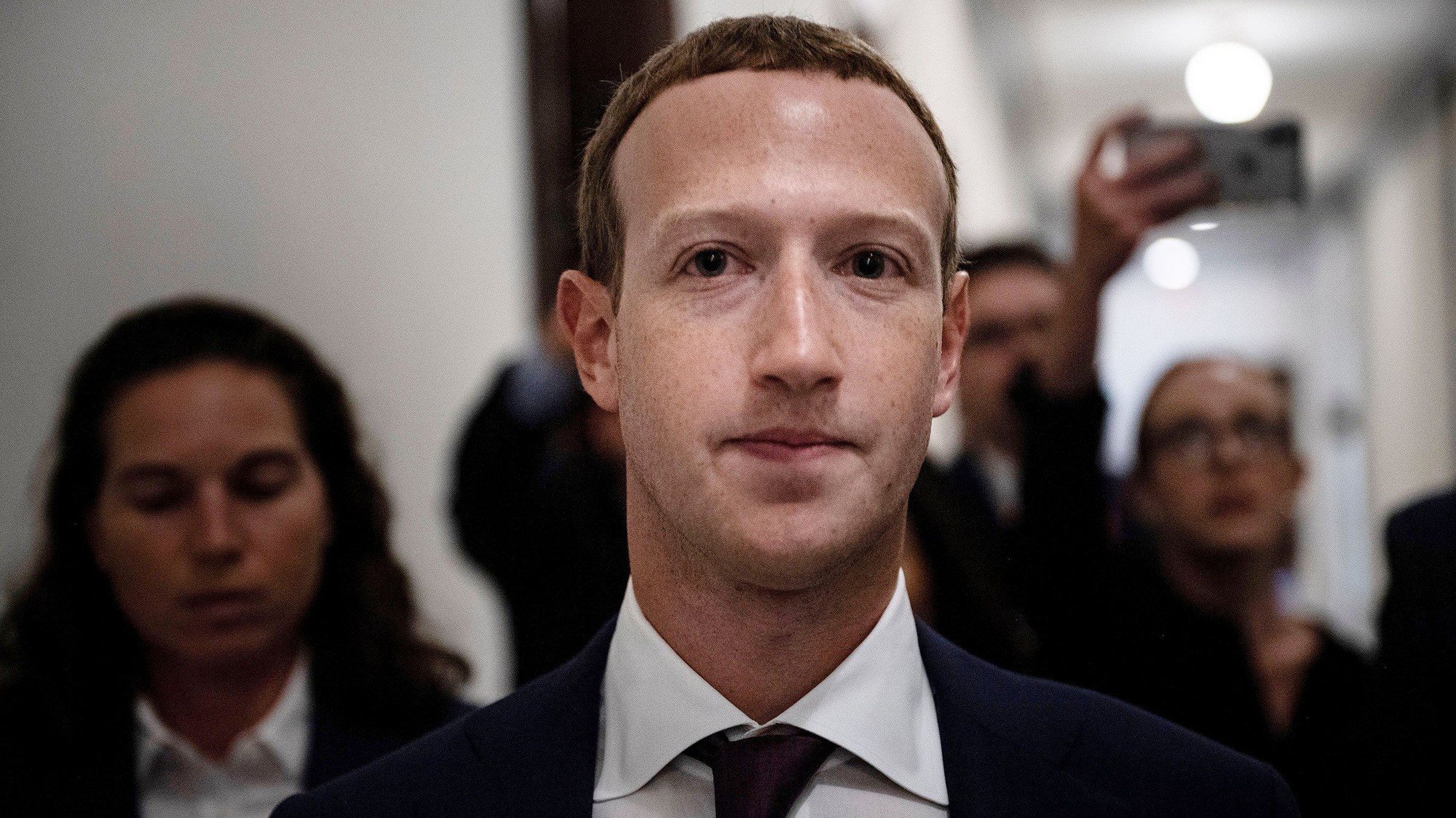
The story of Facebook’s origin is often portrayed as a tale of genius and dorm room innovation. However, the truth is riddled with ethical questions. In 2004, Zuckerberg launched Facebook from his Harvard dorm room. But former classmates—Cameron and Tyler Winklevoss, along with Divya Narendra—claimed he stole the idea from their project, ConnectU. Though a settlement was reached, the incident cast a long shadow over Facebook’s beginnings. It raised questions about Zuckerberg’s moral compass early on, suggesting that ambition, rather than integrity, was his guiding force.
**Privacy Violations: Data Is the Real Product**
One of the most alarming criticisms against Zuckerberg is his company’s systematic abuse of user privacy. Facebook’s motto may have been “Move fast and break things,” but in doing so, it often broke trust. The platform has been embroiled in numerous privacy scandals, from tracking users even after they log out to collecting call and text history on Android devices.
The 2018 **Cambridge Analytica scandal** stands as a landmark example. Data from over 87 million users was harvested without consent and used to influence elections—including the 2016 U.S. presidential race. Zuckerberg was summoned before Congress and apologized, but the damage was done. The episode revealed how Facebook’s business model hinges on turning users into commodities—mining their data for profit.
**Manipulating Public Opinion: The Algorithmic Puppet Master**
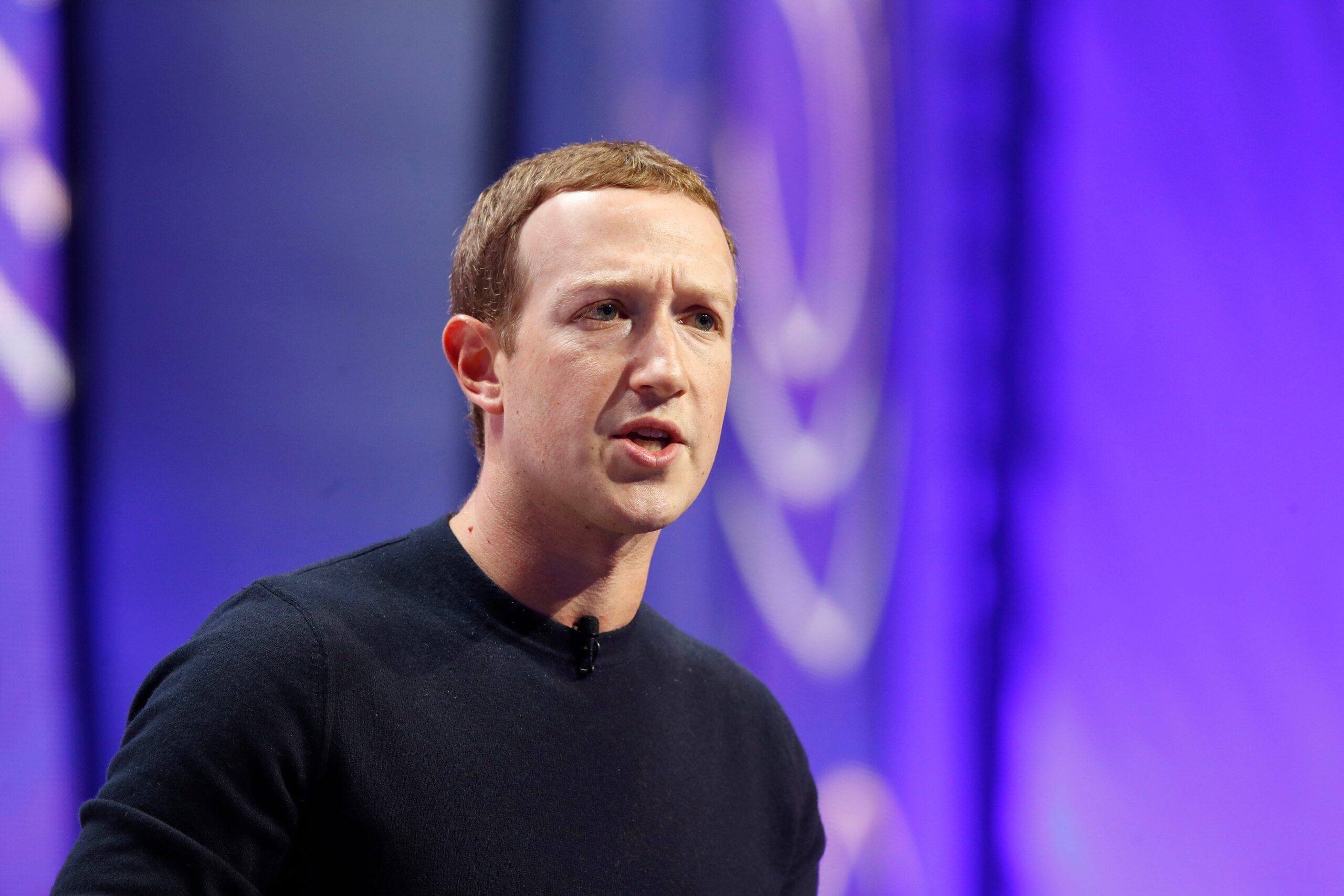
Facebook’s algorithm is designed to keep users engaged. But what keeps people glued to their screens isn’t just cat videos or family photos—it’s outrage, fear, and division. Zuckerberg’s platform has been accused of promoting polarizing content because it generates more interaction, which in turn boosts ad revenue.
From spreading misinformation during elections to enabling extremist groups to organize and recruit, Facebook has often been the breeding ground for societal discord. Internal research leaked by whistleblower Frances Haugen showed that Facebook knew how its platform was harming mental health and destabilizing democracies but chose profits over people. Zuckerberg’s inaction speaks volumes.
**Censorship and Control: The Illusion of Free Speech**
While Zuckerberg has positioned himself as a defender of free speech, critics argue that Facebook censors content based on vague and inconsistent policies. Entire pages have been removed, posts deleted, and users banned without clear explanation. This opaque system has sparked accusations of both political bias and authoritarian control.
Furthermore, Facebook has collaborated with governments, sometimes helping authoritarian regimes silence dissent. In Vietnam, for instance, the company agreed to restrict content deemed “anti-state,” essentially becoming an accomplice in digital repression. Zuckerberg’s quest for global market dominance often comes at the cost of ethical principles.
**The Metaverse Obsession: Escaping Accountability?**
In 2021, Zuckerberg announced that Facebook would become Meta—a rebranding that signaled a shift toward building the “metaverse,” a virtual world where people can work, play, and socialize. While pitched as the future of human interaction, critics see it as a distraction from mounting legal and moral issues facing the company.
By pivoting to the metaverse, Zuckerberg is not only trying to escape Facebook’s toxic legacy but also creating a new realm where his control could be even more absolute. Concerns about privacy, addiction, and exploitation are magnified in this digital frontier, and with little regulation, Zuckerberg could essentially play god in a virtual world he owns.
**Workplace Culture: Ruthless Leadership Behind the Scenes**
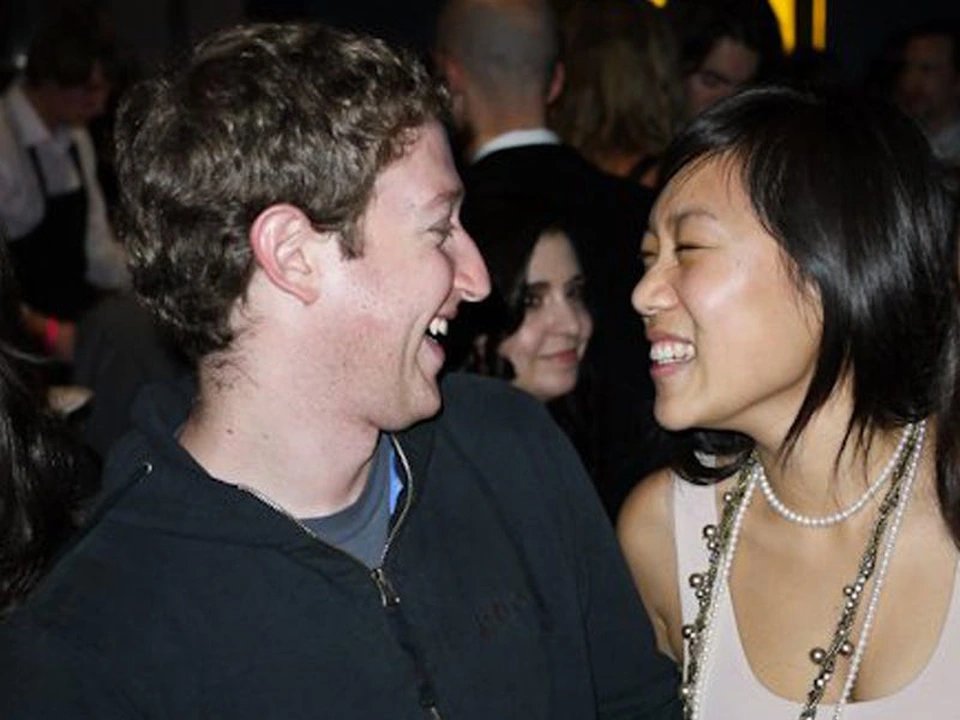
Publicly, Zuckerberg may appear mild-mannered and soft-spoken. But reports from former employees paint a very different picture. Facebook’s internal culture under his leadership has been described as cutthroat and toxic. Dissent is discouraged, loyalty is rewarded, and metrics reign supreme. Many insiders claim that Zuckerberg’s obsession with domination stifles innovation and creates a climate of fear.
In some cases, whistleblowers who raised ethical concerns faced retaliation or were pushed out of the company. For a firm that prides itself on “bringing the world closer together,” the internal ethos tells a story of corporate greed and aggressive control.
**Silicon Valley’s Most Powerful Man: A Dangerous Monopoly**
Zuckerberg’s influence extends far beyond Facebook or Meta. Through acquisitions like Instagram and WhatsApp, he has consolidated a massive amount of power, essentially controlling much of the social media landscape. These purchases have allowed him to eliminate competition and dictate the rules of online interaction for billions of people.
The Federal Trade Commission and antitrust regulators have taken note, launching investigations and lawsuits to curb Meta’s dominance. But with an army of lawyers, lobbyists, and immense financial resources, Zuckerberg has managed to avoid real consequences. The result? A digital monopoly that shapes everything from advertising to elections.
**Philanthropy or PR Strategy? The Questionable Charity Work**
Zuckerberg’s philanthropic ventures, particularly the Chan Zuckerberg Initiative, are often highlighted to counteract criticism. However, some experts argue that these efforts are more about reputation management than genuine altruism. By structuring donations through LLCs rather than nonprofits, Zuckerberg retains greater control over how funds are used—often in ways that benefit his image or influence public policy.
While the contributions have undeniably funded educational and scientific projects, they also allow Zuckerberg to shape the narrative. It’s philanthropy with a strategic agenda, blurring the line between charity and corporate expansion.
**Global Consequences: Facebook’s Role in Violence and Genocide**
Perhaps the most harrowing aspect of Zuckerberg’s legacy is Facebook’s involvement in real-world violence. In Myanmar, the platform was used to incite hatred against the Rohingya Muslim minority, contributing to a genocide. UN investigators concluded that Facebook played a “determining role” in the atrocities.
Despite numerous warnings from civil society groups and internal teams, Facebook failed to act in time. Similar failures have been reported in countries like Ethiopia, Sri Lanka, and India—where Facebook’s lack of local moderation staff has enabled hate speech and violence to flourish. Zuckerberg’s focus on scale over safety has had tragic consequences.
**Zuckerberg’s Public Image: Carefully Manufactured**
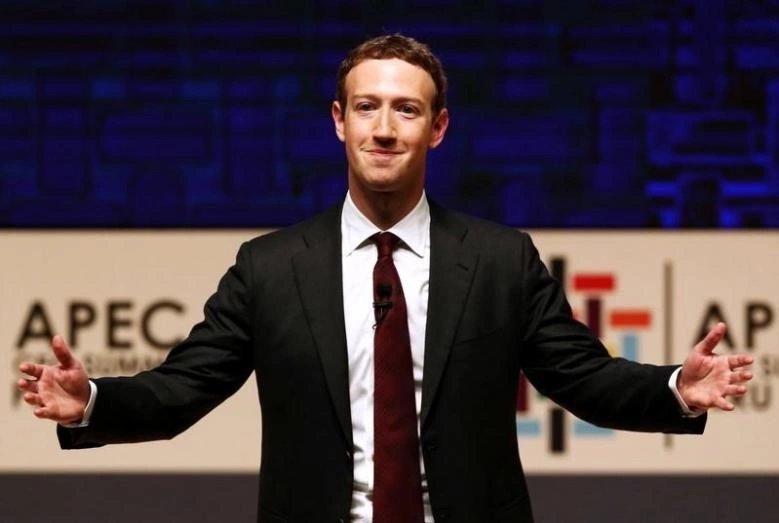
Every aspect of Mark Zuckerberg’s public persona—from his casual hoodie to his controlled media appearances—is meticulously crafted. He rarely gives interviews outside of tightly controlled environments and is known for his robotic speech and rehearsed statements. This manufactured image helps him avoid deeper scrutiny and positions him as an awkward genius rather than a calculating CEO.
Behind the scenes, however, Zuckerberg exerts enormous control over how he’s portrayed. He’s even hired firms to discredit critics and smear competitors. The attempt to maintain a friendly façade is part of a broader strategy to obscure the more unsettling truths about his empire.
**Conclusion: The Price of Power**
Mark Zuckerberg is not just a tech innovator—he is one of the most powerful individuals in modern history. Through Facebook and Meta, he controls platforms that shape human behavior, politics, and even the fate of nations. Yet, as this article has explored, that power comes with a dark side that can no longer be ignored.
From privacy invasions and misinformation to censorship, monopolistic behavior, and complicity in human rights violations, Zuckerberg’s record raises serious ethical and moral concerns. While he may continue to present himself as a visionary, the world must look beyond the PR narrative and hold him accountable.
The future of technology—and democracy—depends on it.
